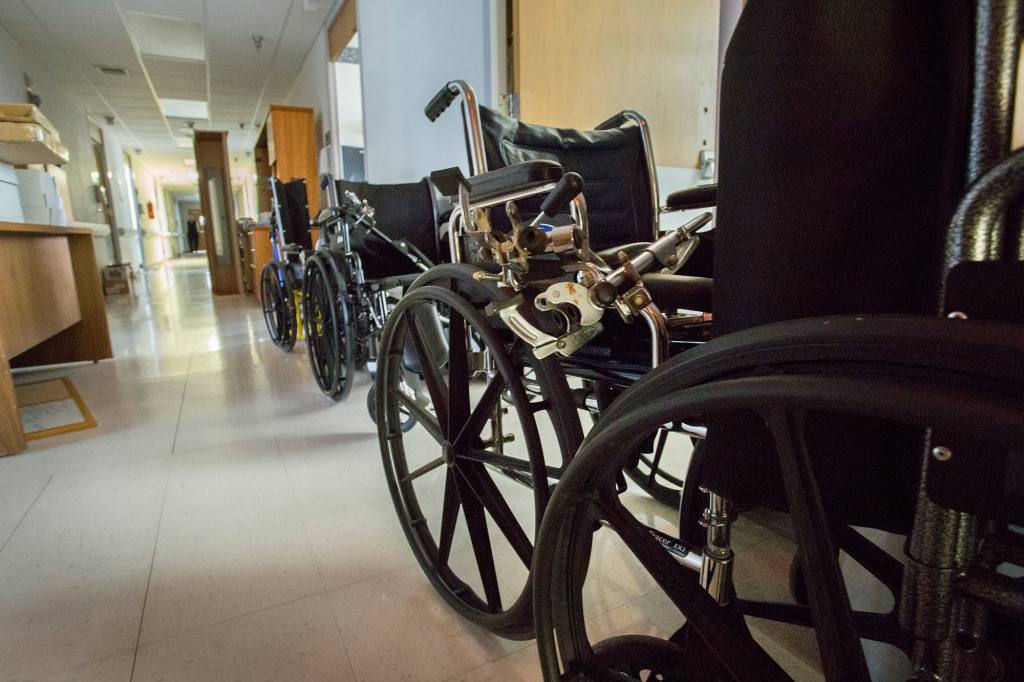The Foundations of Health: Building a Balanced Life in a Modern World

Health is one of the most valuable assets we possess, yet in today’s fast-paced society, it is often taken for granted. From the food we eat to the stress we carry, every choice we make impacts our physical, mental, and emotional well-being. True health is not just the absence of disease—it is a state of balance that enables us to live fully, productively, and happily.
This article explores the pillars of health, the challenges posed by modern lifestyles, and practical ways to build habits that nurture long-term well-being.
Understanding Health Beyond the Physical
Traditionally, health was defined narrowly in terms of physical fitness or lack of illness. However, the World Health Organization (WHO) describes health as “a state of complete physical, mental, and social well-being.” This holistic approach emphasizes that true health involves:
-
Physical health – The functioning of the body and prevention of disease.
-
Mental health – Emotional balance, cognitive sharpness, and resilience to stress.
-
Social health – Strong relationships, community support, and a sense of belonging.
This broader view shifts the focus from treating illness to cultivating lifestyles that prevent disease and support thriving in every aspect of life.
Nutrition: Fueling the Body
Diet is one of the most influential factors in overall health. A balanced diet rich in whole grains, lean proteins, healthy fats, fruits, and vegetables provides the nutrients necessary for growth, energy, and repair.
Modern challenges such as processed foods, high sugar consumption, and fast-food culture have contributed to rising obesity, diabetes, and cardiovascular diseases. Nutrition experts emphasize the importance of moderation and mindfulness when eating. For example:
-
Eat the rainbow – Consuming a variety of colorful vegetables and fruits ensures a wide range of vitamins and antioxidants.
-
Limit refined sugar – Excess sugar intake is linked to inflammation, weight gain, and insulin resistance.
-
Stay hydrated – Water is vital for digestion, circulation, and temperature regulation.
Shifting from convenience-driven diets to mindful eating practices is essential for long-term health.
Exercise: Movement as Medicine
Physical activity is another cornerstone of good health. Regular exercise improves cardiovascular function, strengthens muscles, enhances flexibility, and boosts immunity. The benefits also extend to mental health, as movement stimulates the release of endorphins—natural chemicals that reduce stress and elevate mood.
The World Health Organization recommends at least 150 minutes of moderate-intensity exercise per week for adults. This can include brisk walking, cycling, swimming, or team sports. Strength training two to three times per week also plays a vital role in maintaining bone density and muscle mass, especially as we age.
Importantly, exercise does not need to be complicated or expensive. Daily habits like taking the stairs, walking instead of driving short distances, or practicing yoga at home can significantly improve long-term health.
Mental Health: Breaking the Stigma
Mental health has gained increasing attention in recent years, and rightly so. Stress, anxiety, and depression are among the most common health issues today, often driven by fast-paced lifestyles, work pressures, and social isolation.
Maintaining mental well-being requires proactive care:
-
Mindfulness and meditation – These practices help regulate emotions and improve focus.
-
Social connection – Building supportive relationships acts as a buffer against stress.
-
Rest and hobbies – Taking time for activities that bring joy provides balance and reduces burnout.
Breaking the stigma around mental health is crucial. Seeking professional help through therapy or counseling should be normalized as a sign of strength, not weakness.

Sleep: The Overlooked Pillar of Health
Sleep is often sacrificed in modern life, yet it is as vital as diet and exercise. Adults typically require 7–9 hours of quality sleep per night. Poor sleep is linked to obesity, weakened immunity, reduced cognitive function, and increased risk of chronic disease.
Creating good sleep hygiene can make a significant difference:
-
Maintain a consistent bedtime and wake-up schedule.
-
Limit screen exposure before bed, as blue light disrupts melatonin production.
-
Create a calm, dark, and cool sleeping environment.
Prioritizing rest allows the body and mind to recover, repair, and prepare for the challenges of the next day.
Preventive Health: Staying Ahead of Illness
While medicine plays an essential role in treating diseases, preventive care is the most effective path to long-term health. Regular check-ups, screenings, and vaccinations help detect problems early, often before symptoms arise.
Examples include:
-
Annual physical exams.
-
Blood pressure and cholesterol checks.
-
Cancer screenings such as mammograms or colonoscopies.
-
Dental visits to prevent oral disease.
Prevention is always more effective—and less costly—than treatment. It empowers individuals to take charge of their health rather than react to problems after they arise.
The Role of Technology in Modern Health
Technology has become a major player in health management. Wearable devices such as smartwatches track heart rates, steps, and sleep cycles, providing real-time feedback on lifestyle habits. Telemedicine has also expanded access to healthcare, allowing patients to consult doctors remotely.
However, technology must be used wisely. While apps and devices can motivate healthier habits, over-reliance on digital tools may cause unnecessary stress or obsession. The key is to use technology as a supportive tool, not a replacement for professional care or personal discipline.
Public Health and Community Well-being
Individual health is deeply connected to community health. Access to clean water, nutritious food, safe housing, and affordable healthcare are all determinants of well-being. Public health initiatives, such as vaccination campaigns, sanitation improvements, and educational programs, play a vital role in creating healthier societies.
Global challenges such as pandemics, climate change, and pollution highlight the importance of collective responsibility. A healthy society requires collaboration between governments, healthcare providers, and individuals.
Building a Healthy Lifestyle: Practical Steps
While the path to health can seem overwhelming, small, consistent changes have the most lasting impact. Here are practical steps to build a balanced lifestyle:
-
Start with small goals – Replace sugary drinks with water, or add one serving of vegetables to your meals.
-
Stay active daily – Even 20–30 minutes of movement each day adds up.
-
Prioritize rest – Make sleep and relaxation non-negotiable.
-
Manage stress – Practice deep breathing, meditation, or journaling.
-
Seek support – Surround yourself with people who encourage healthy choices.
Health is a journey, not a destination. Consistency and self-compassion are essential in creating sustainable habits.

Conclusion
Health is not simply the absence of illness but the foundation of a fulfilling and productive life. By focusing on nutrition, exercise, mental well-being, sleep, and preventive care, individuals can build resilience against disease and improve quality of life.
In a world where modern lifestyles often compromise health, intentional choices are more important than ever. By adopting balanced habits and supporting community health efforts, we can create a future where well-being is not a luxury but a standard for everyone.
After all, health is wealth—and the most valuable investment any of us can make is in ourselves.









